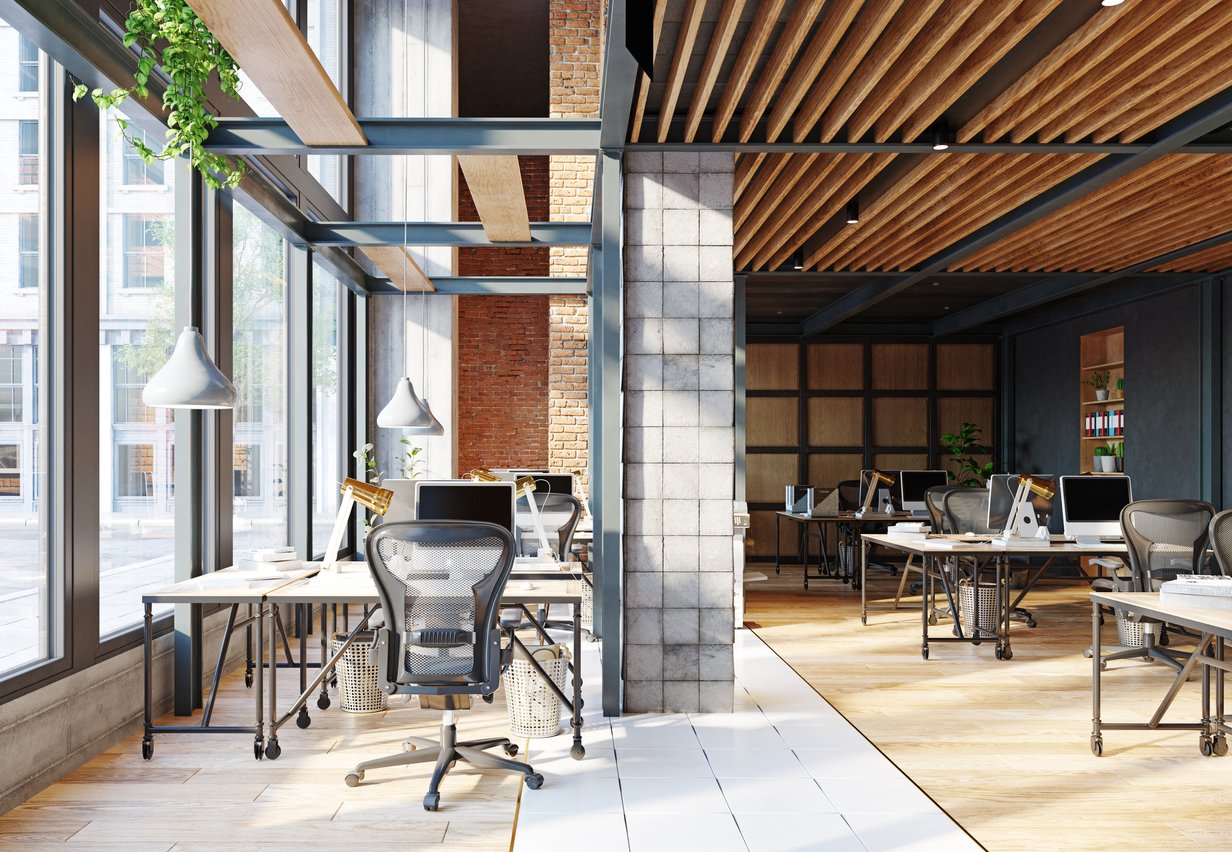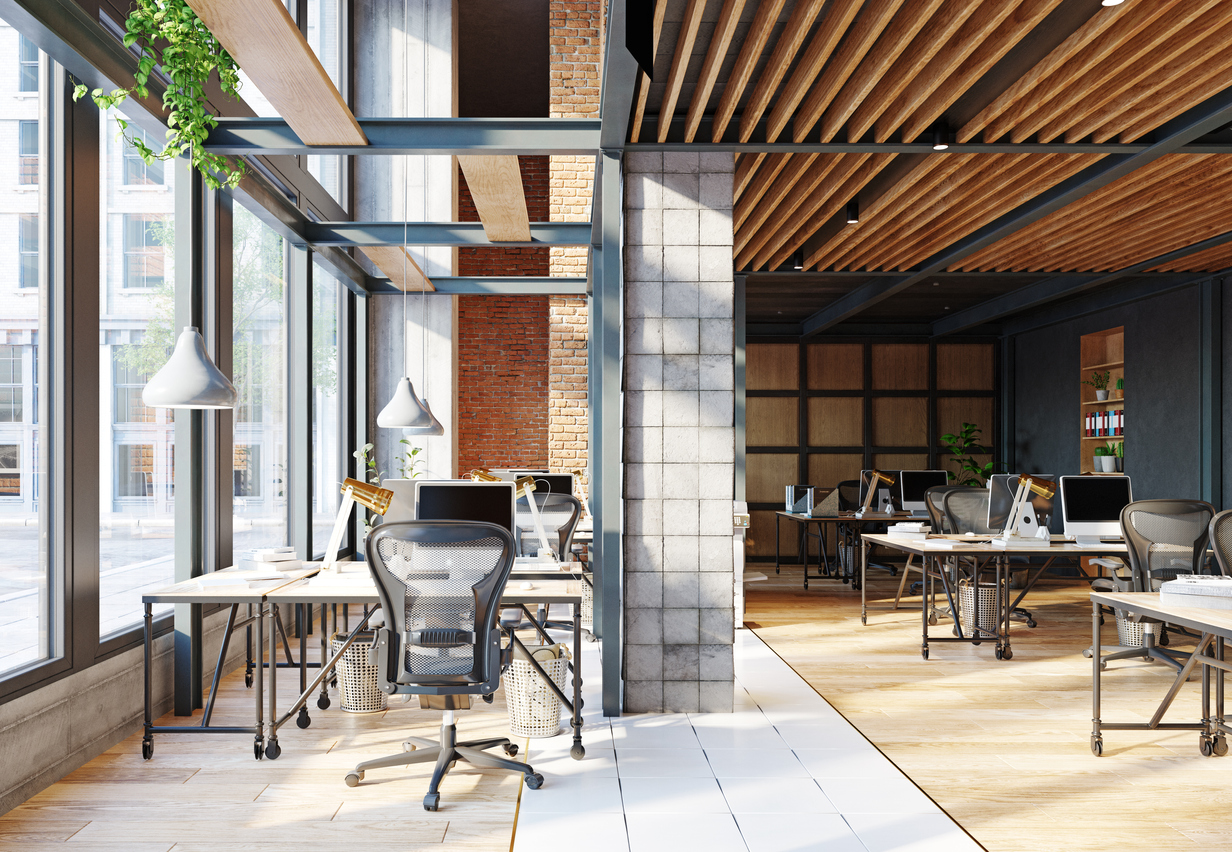 COVID-19 has changed everything about how business is conducted. Dine-in restaurants have turned into to-go food stops; bars and liquor stores are offering curbside alcohol pickup; and movies are debuting via streaming services instead of hitting theaters. But COVID-19 has also changed how people go to work.
COVID-19 has changed everything about how business is conducted. Dine-in restaurants have turned into to-go food stops; bars and liquor stores are offering curbside alcohol pickup; and movies are debuting via streaming services instead of hitting theaters. But COVID-19 has also changed how people go to work.
What used to be a novel benefit of getting to work from home once a week is now the new normal as workers across various industries are having to telework full-time. Whether it’s a small startup or major corporation, like Facebook and Tesla, companies across the country are choosing remote employees over making people come in. But while some companies are implementing working from home indefinitely, some companies are rethinking how the traditional officeis set up in order to get people back in the office.
Here are some ways in which the traditional office environment might look in the near future and moving forward due to covid-19.
Augmented Reality Workstations
Facebook has been testing out its futuristic desk setups, where virtual screens float in front of workers and people can resize them to their liking. The social network company wants to change remote work as we know it, making it more of a commonplace instead of making workers head into a physical office space. Facebook has noted that the technology is part of a new platform that would bring together augmented and virtual reality with new devices to create what’s known as infinite workspaces that could offer employees the opportunity to collaborate with others via virtual meetings rooms.
An Office of Social Distancing
Remote work will continue on, even after companies get the go-ahead and feel comfortable bringing their employees back. And even though some or even most employees will head back to their buildings to get work done, it doesn’t come without the new normal of keeping things distanced from each other.
This new method of keeping people and desks six feet apart is a way of transforming existing offices into places where the social distance rules can be observed. Even though the pandemic has shown signs of slowing down, it’s the potential for a resurgence of the virus that keeps office heads opting for continued distance measures.
Contactless Technology
Companies that are worried about their employee’s productivity at home are wanting to get them back in the office. But they may need to invest in a new suite of contactless technology in order to minimize the risk of virus transmission. Some newer offices have already been looking into this kind of design with contactless pathways, in which employees rarely need to touch a building and its components inside. From office doors opening automatically using motion sensors and facial recognition to using smartphones to order an elevator, contactless technology that has already been around will be more prevalent in modern offices.
Tear It Down, Built It Back Up
One other solution may be to start from scratch. Some companies may need to get the builders back in and either retrofit their spaces or opt for a complete rebuild. From wider corridors and doorways to more partitions between cubicles and departments, offices will look entirely different moving forward.
About Axis Insurance
At Axis Insurance Services, we aim to help our customers identify their exposures and protect themselves. Founded in 1999, we offer insurance programs to a wide variety of professionals and industries including attorneys, real estate, healthcare, architects, and more, and also have a wholesale division. We pride ourselves on offering flexible insurance coverage tailored specifically to each customer’s needs. To learn more about our solutions, contact us at (877) 787-5258 to speak with one of our professionals.


